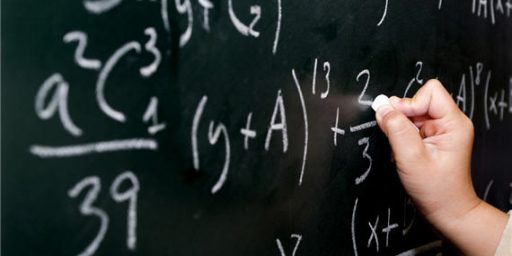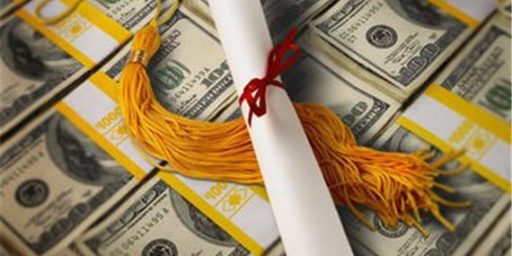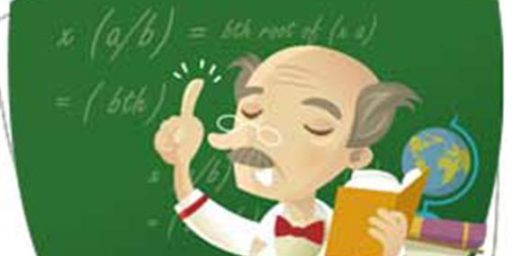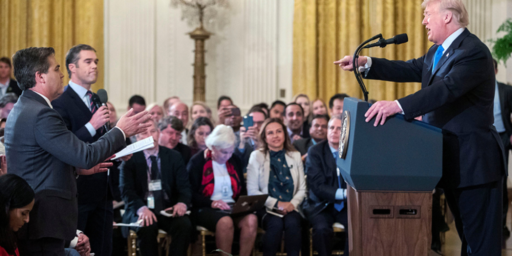PROFESSIONALISM
Invisible Adjunct has an interesting discussion ongoing as to, What is a Profession? sparked by a debate as to whether college professors qualify
In his 1957 masterwork The Soldier and the State: The Theory and Politics of Civil-Military Relations, Samuel P. Huntington posited that a profession has three characteristics: expertise, responsibility, and corporateness. Professionals are experts “with specialized knowledge and skill in a significant field of human endeavor.” Such expertise is acquired only after extensive education and experience and is sufficiently abstract and universal as to be applicable “irrespective of time and place.” This knowledge is transmitted in formal schools as well as through journals, conferences, and rotation between practice and teaching assignments. Professionals have a unique responsibility because they perform a service that is “essential to the functioning of society.” Finally, professions have the characteristic of corporateness, “a sense of organic unity and consciousness of themselves as a group apart from laymen.”
I’d say university professors make the grade, since they meet those requirements.






James,
When I was taught about Huntington’s ideas (in my Air Force PME), one of the things we learned was that the idea of corporateness included a self-policing element. What is the mechanism for professors to identify and punish wrongdoing within their ranks (having the cops arrest the wrongdoer doesn’t count, because law enforcement does not confer legitimacy on professors in the first place the way the bar does for lawyers)?
Jem,
It’s self-policing in essentially the same way the military is, minus its own court system. Getting a PhD involves numerous steps, all of which are checked by the existing professoriate: oral boards, dissertation proposal, dissertation acceptance, dissertation defense, etc. Then, hiring is done by other academics. Getting things publishes means getting past peer review. Tenure is done by other academics. Faculty senates often have censure power.
All of this distinguishes professors from schoolteachers at the primary and secondary level, btw.
—